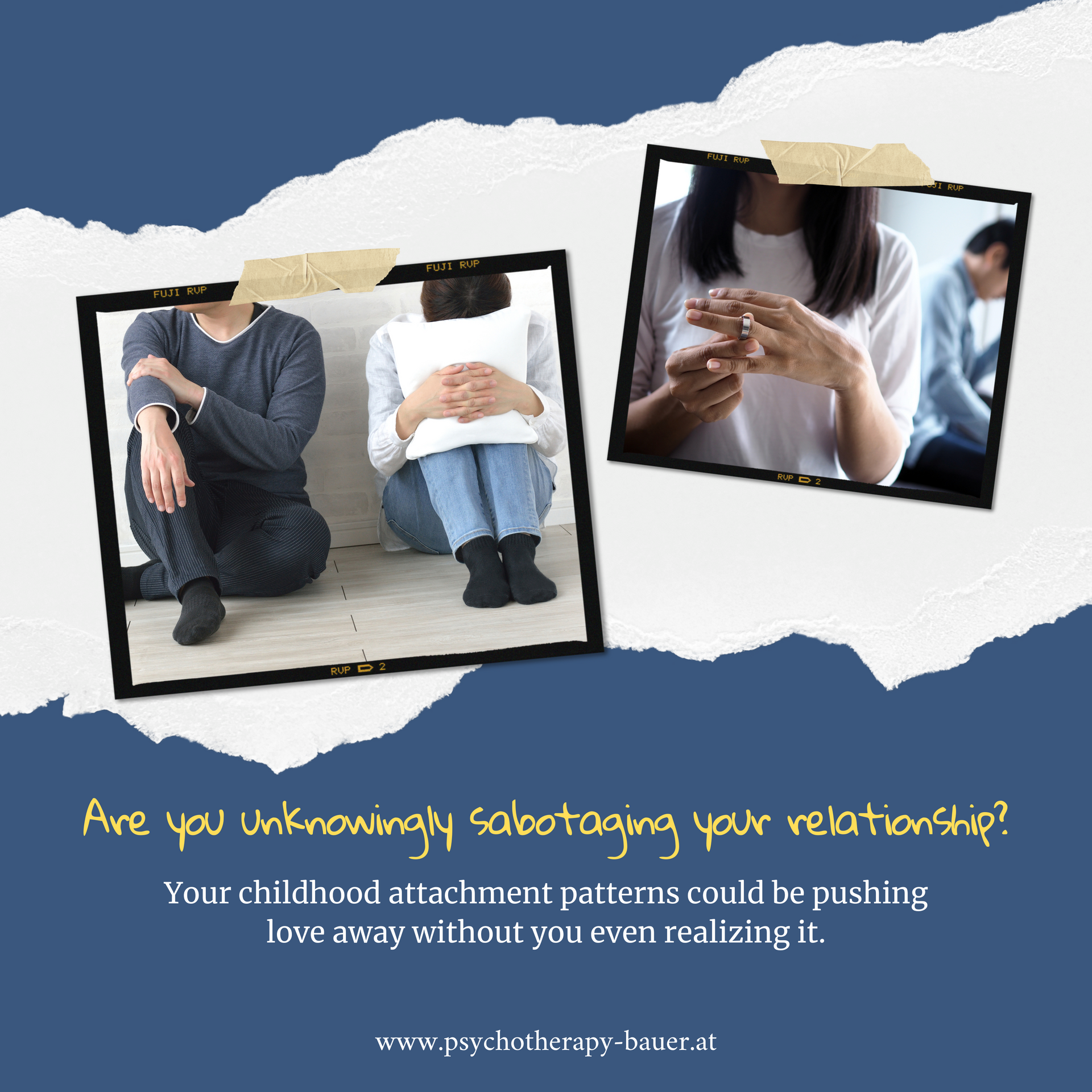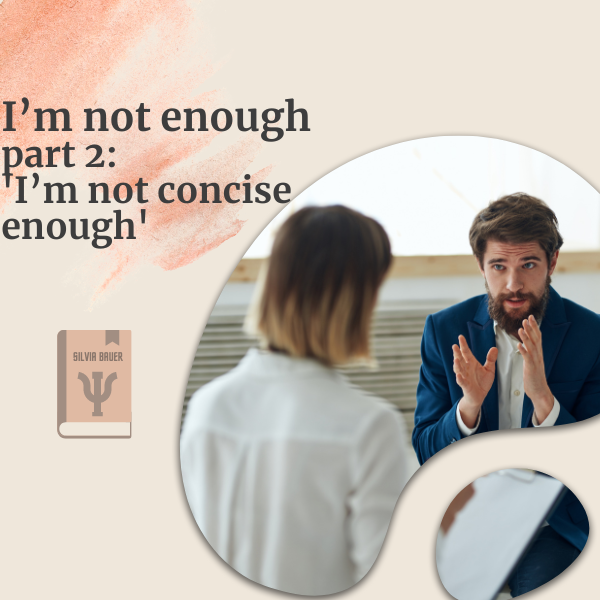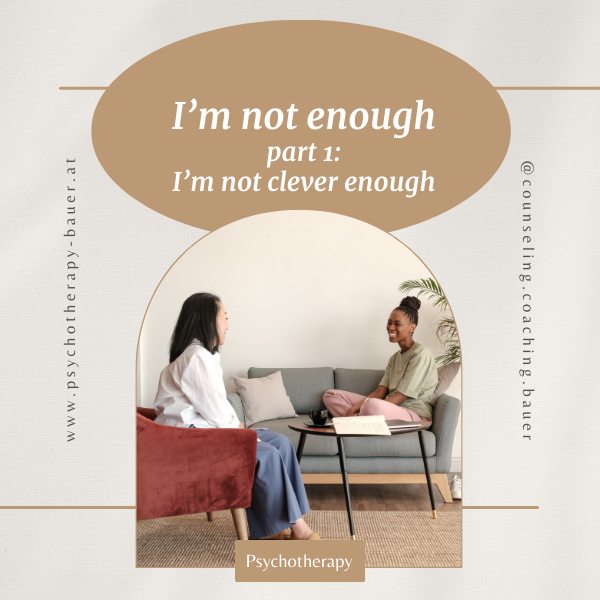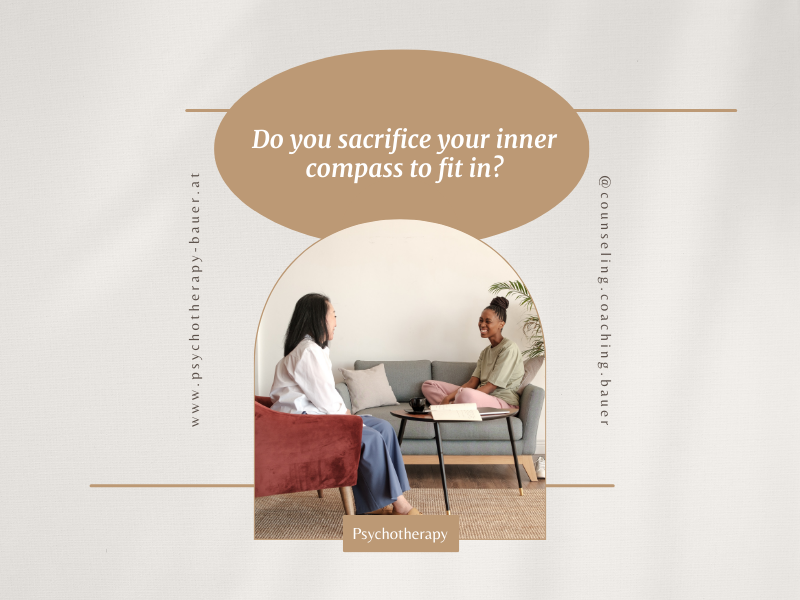Emotions Unleashed: Understanding the Nature of Our Feelings
Do you wish you were an emotionless tin man?

Keep calm. They are not inherently complicated. As they can be kind of dynamic and lively, some people tend to make it complicated, but honestly, it’s pretty simple:
There are 5-8 basic emotions. As I’m more into the practical side than into research, I suggest taking those 5 for the beginning: Joy (yellow), anger (red), disgust (green), fear (purple), sadness (blue)
Emotions can be translated into different “languages”
- Words:
There are feeling wheels out there to label emotions in a more sophisticated way. If you’re very much into language, maybe you enjoy them. I don’t. - Body sensations:
emotions activate special areas in the body. They work stunningly precise in this area. It’s like a miracle to explore the exact impact they have on the body – although larger imprints, like psychosomatic diseases, are better known. - Images:
if you were to draw a picture of sadness, what would that look like?
A movie on fear, what would that be like?
As you have answers to those questions, you’re expressing emotions through images.
And you could go even further: Can you see what any of your body sensations would look like?
Not just look – but can you identify their quality as well? Are they heavy like stones or foggy like stream?
Having a “frog in the throat” is a very popular image of a body sensation, but also feeling a knot in the stomach or a stone on the heart are widely known.
Last but not least… there are other people
- Humans
have the inherent ability (some more, Sheldon less, but still…) to get each other’s emotions.
Mirror neurons are one of the vehicles, but the ability to understand each other emotionally is really “burned into our biology” as Amy would put it. How else could babies survive if their caregiver were not capable of understanding their needs without wordy explanation?
So, believe it or not – to process an experience fully it is indeed required to communicate it directly – face to face to another human being.
Sorry, texting doesn’t work fully.
I hope at this point, emotions do not seem very hard to get along with, right?
Are you wondering how come that Sheldon regrets getting in touch with his emotions when he states
“What happened to me, Amy? Years ago, I was completely disengaged from my feelings. I’d say it was a happier time, but I was disengaged from my feelings, so who can tell.”
Well, we haven’t checked on the magical abilities’ emotions have yet:
1. They have a
time machine and travel to former experiences as well as anticipated future events without any notice.
As we’re generally not used to time travel, this can be confusing. In this reel
https://www.instagram.com/reel/CqdrqJav27u/?utm_source=ig_web_copy_link
Sheldon is projecting the emotions about his parent’s fights onto Raj and Howard's fight.
We quite frequently get beamed back in time and emotional reactions that were appropriate in the past show up and confuse us in the present.
2. Emotions are many times subconscious so that we can hardly recognize them – unless we’re paying attention.
Leonard can see that Sheldon’s underlying emotions when Sheldon tries to prove that he’s smarter than Howard “the idea that anyone could be as smart as you or even smarter scares the pants off you” – but Sheldon himself didn't notice his fear.
How do we handle emotions?
Well, there are basically 2 options:
Self-regulation and Co-regulation.
They are easy to understand and not too hard to apply – at least one of them for each person.
The more difficult part is, that most people highly prefer one of the regulation systems and forget about the other one. That’s perfectly understandable, nevertheless it’s harder the less flexible you are.
Self-regulation means you take care of your emotions by yourself:
· When you are sad, you know something ended, and you engage in a tradition to honor the experience e.g. Sheldon and Amy burned their paper in the bath tube, when they thought it was invalid
· When you are angry, you know that one of your boundaries has been violated, and you clean the fridge inside out or listen to Darth vader music
Self-regulation basically works like internal co-regulation. That’s why it’s most important to check it out.
Co-regulation is:
· Soothing a crying child
· Taking care of a scared cat or dog (whoever you prefer)
· Providing a hot beverage for an upset friend (as Mary taught Sheldon) and more importantly, joining them while having this beverage and listening to their experience
· Turning to a friend when we are scared. As we know from the blog https://www.psychotherapy-bauer.at/do-you-feel-like-having-a-panic-attack-before-going-on-your-first-date Leonard turns to Sheldon when he’s about to get a panic attack before going on his first date
Although you may fancy the independence of self-regulation; co-regulation was first, as the child’s emotions are regulated by the caregiver and later the child starts to take on the caregiver’s way of handling their emotions. That’s why co-regulation is also more effective and self-regulation is more stressful over the long run.
Good to know, right? But what to do about it?
Practice. Practice understanding and regulating emotions whenever possible. Take care of them.
In this blog, I have told you a bit about the nature of emotions – so you may not need an emotion-detecting-device like Sheldon.
Further, I gave some examples to handle emotions. I hope you’ll take good care of them – either for yourself or while co-regulating with others. I also wanted to show you that most people are struggling with emotions at times to some extent. So be sure it’s perfectly normal to be struggling in this field because – surprisingly enough for me, but nevertheless, there are subjects like Math and Physics at school but no emotion-coping-class.
So, take the first step towards emotional intelligence and start by acknowledging and identifying your emotions. Practice expressing them through words, images, or body sensations, and don't be afraid to communicate them with others.
Remember, emotions are a crucial aspect of our lives and relationships, and by learning to handle them, we can lead a more fulfilling and satisfying life.
If you want support or further practice in handling emotions, counseling is the place to be.












